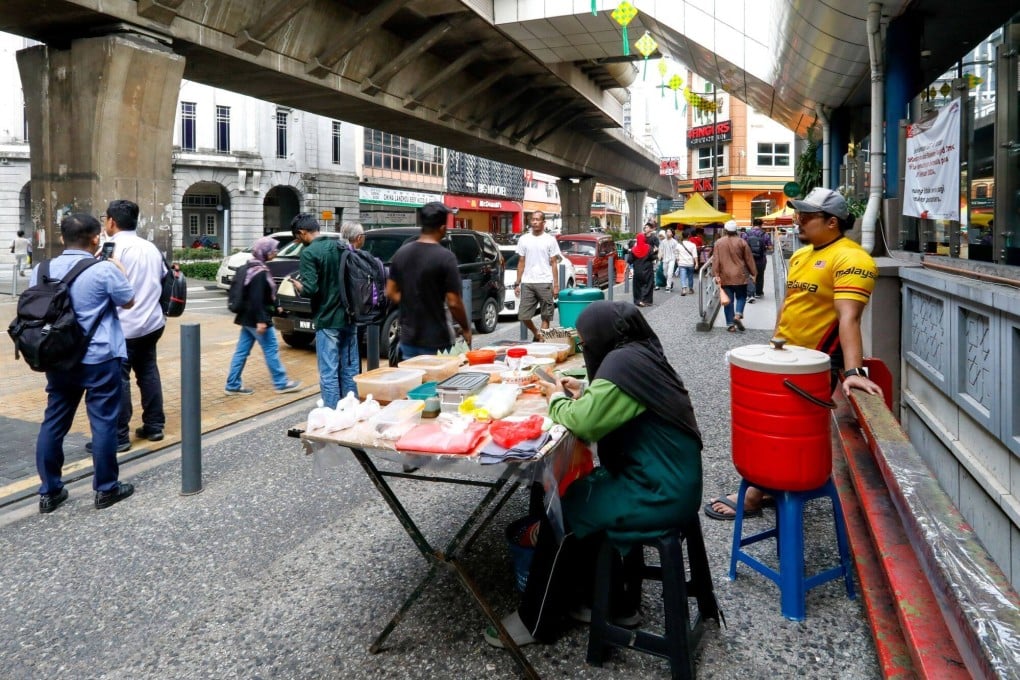Malaysia defends subsidy-linked database even as millions shun it over hacking fears
- Only 11.6 million people have registered in the database, well short of the 22 million targeted by the authorities
- Prime Minister Anwar Ibrahim is aiming to slash Malaysia’s US$17 billion annual subsidy bill, partly through targeted state aid

A total of 11.6 million Malaysians aged 18 and older had signed up for the new central database (PADU) by the deadline on Sunday night, Economy Minister Rafizi Ramli said in a statement on Monday.
The figure was just over half the 22 million adult Malaysians targeted by the new database - one of the various efforts by Anwar’s administration to reform government spending and trim its budget deficit to 4.3 per cent of gross domestic product, from 5 per cent last year.
“The economy ministry will proceed to present its planning for targeted subsidies to Cabinet in April,” said Rafizi, who declared the PADU rollout a “success”.
Local media outlets on Sunday ran splashes on their websites and social media of long queues at physical kiosks nationwide as Malaysians rushed to sign up with the database before the deadline.